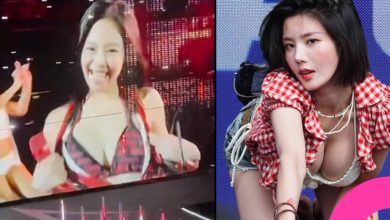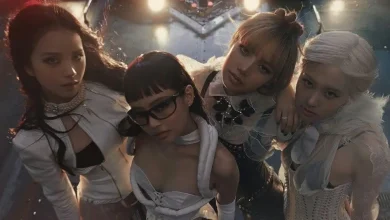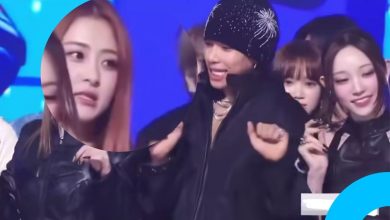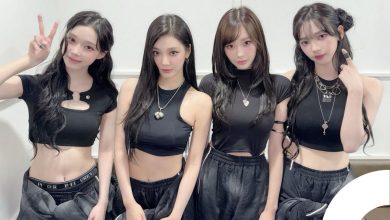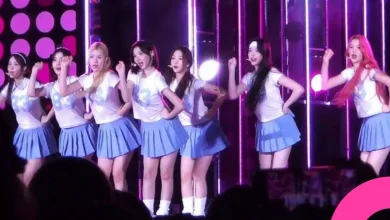The Heated Debate Over “Chinese Vibe” in K-pop: Is It Style or Stereotype?
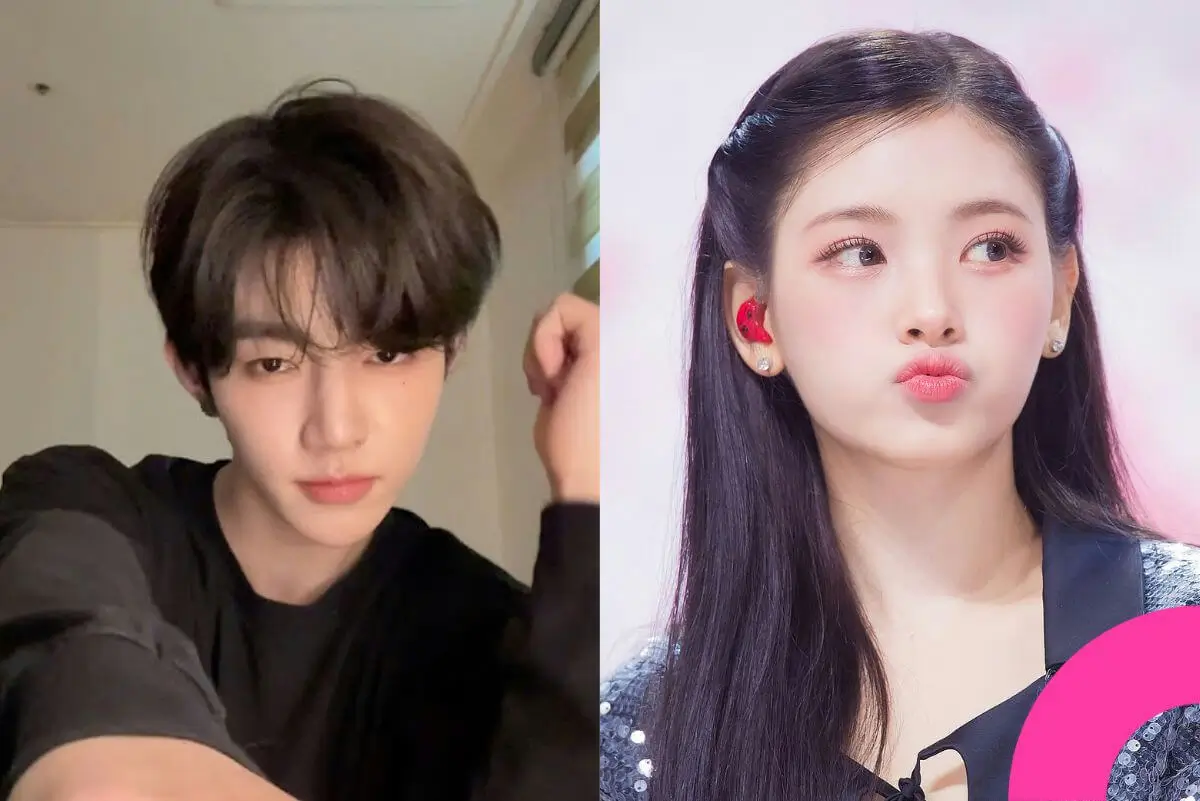
A heated online debate has erupted over the Korean slang term “Jung-ti” (중티), short for “Chinese vibe” or “Chinese look.” Commonly used to describe bold, glamorous visuals, the term recently gained traction when fans used it to describe idols like ZB1‘s Zhang Hao and TripleS‘s Shinyu, whose sharp features and dramatic styling resemble popular Douyin trends from Chinese social media.
While some fans viewed the term as a compliment praising the idols’ charisma and strong stage presence others raised concerns about its tone. In Korean contexts, “Jung-ti” can imply being overly flashy or unnatural, and is sometimes used critically toward fashion or makeup styles.
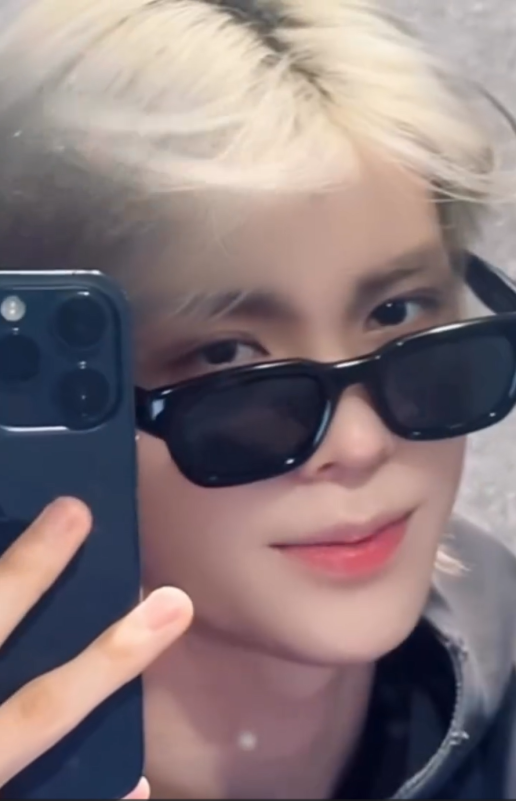
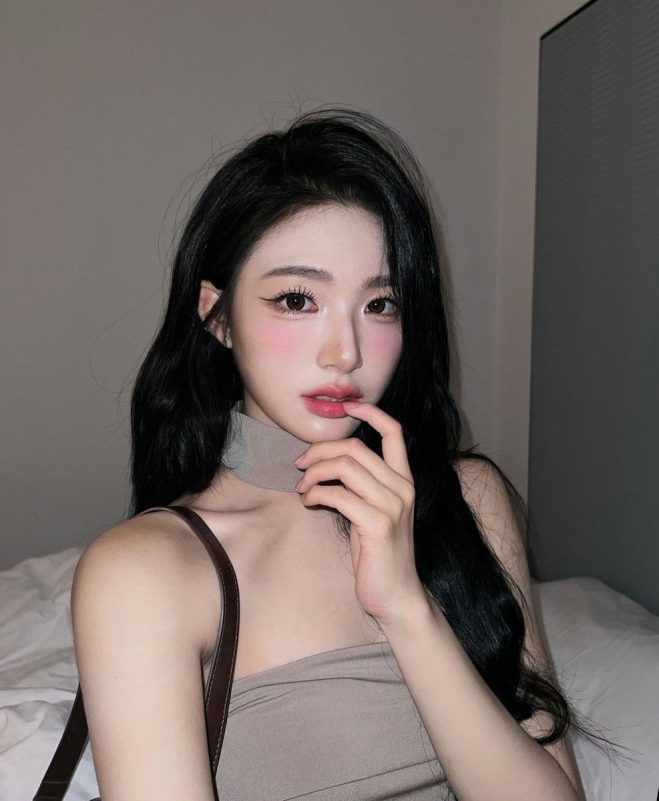
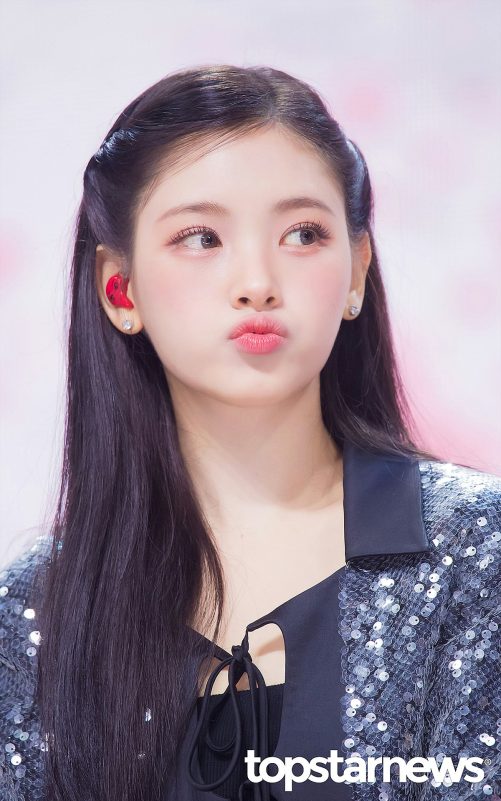
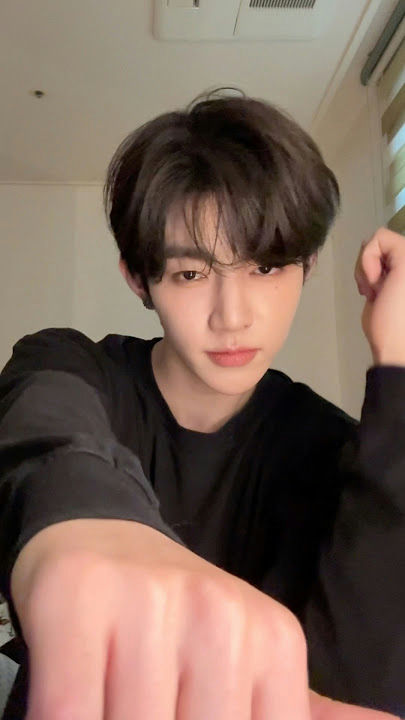
In response, fans are shifting toward the term “Douyin look” (도우인상), which directly references the Chinese app and is considered more neutral and culturally respectful. Many now advocate using “Douyin look” instead, aiming to foster greater understanding and inclusivity within the global fan community.
- Over-edited like an alien and lacking in aesthetic sense — that’s a Chinese trait, so of course it’s an insult. And honestly, over 95% of Koreans dislike China anyway, lol.
- Anything related to China is automatically an insult.
- Since when did ‘Jung-ti’ mean a glamorous and bold face? LOL. Anything related to China looks cheap. ‘Jung-ti’ literally means ‘looks Chinese.’ It came from that Yeodanoo YouTube channel, right? The Chinese boyfriend kept wearing stuff like gold chains and sneakers with the tongues sticking out — that’s when they’d say ‘Jung-ti, Jung-ti.’ Would you like it if someone said your face looks Chinese?
- Even Chinese people themselves don’t really like being called ‘Jung-ti.’
- Of course people take it negatively, lol.
- Asking an Asian person, ‘Are you Chinese?’ is one of the biggest insults and provocations.
The debate highlights the nuances of cross-cultural communication in K-pop, where a single phrase can carry drastically different meanings across linguistic and national lines. As Korean entertainment continues to globalize, such discussions may prove crucial in fostering a more inclusive and respectful fan culture.
